Luis Enrique Correa da Rocha
The meta book and size-dependent properties of written language
Sep 24, 2009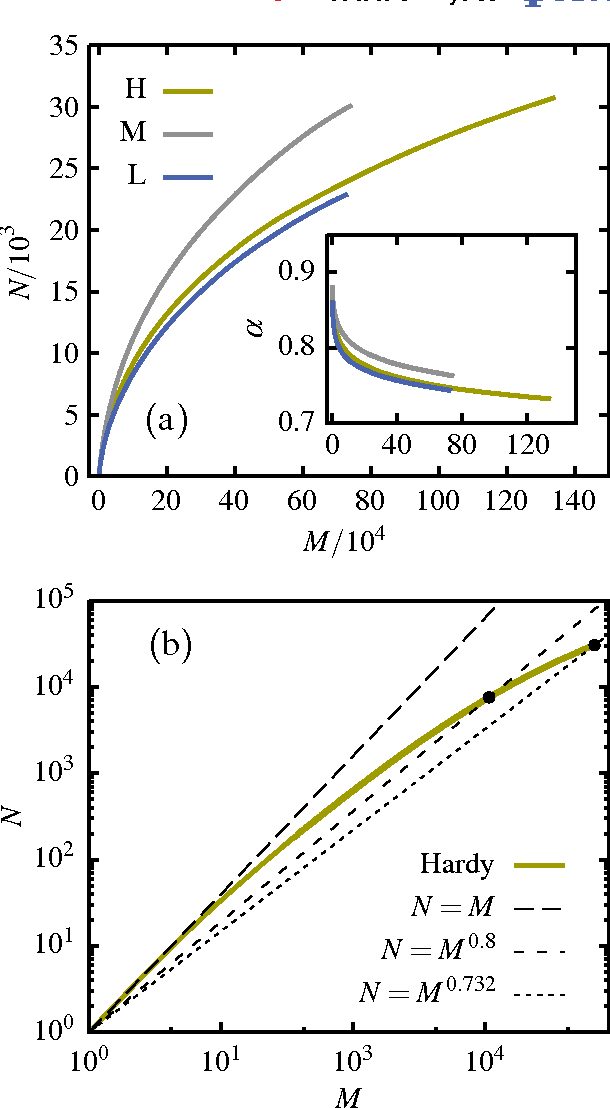
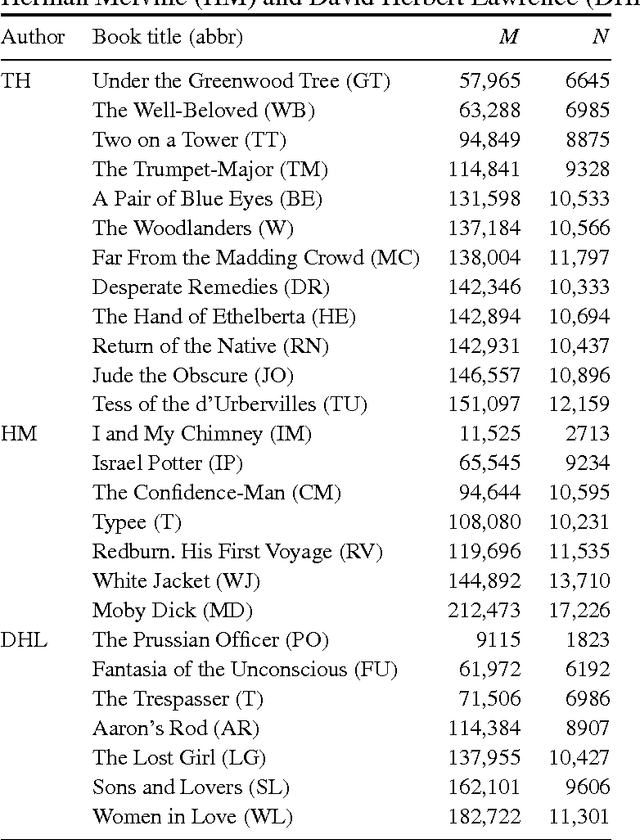
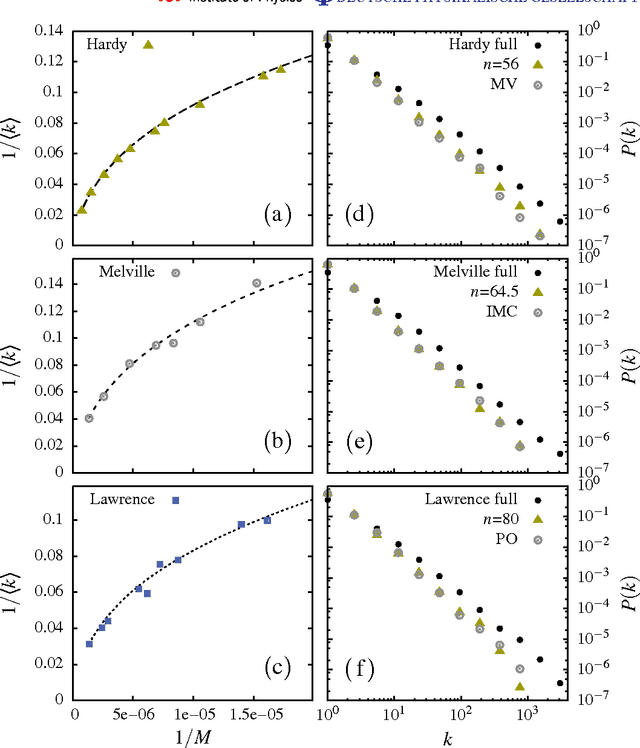
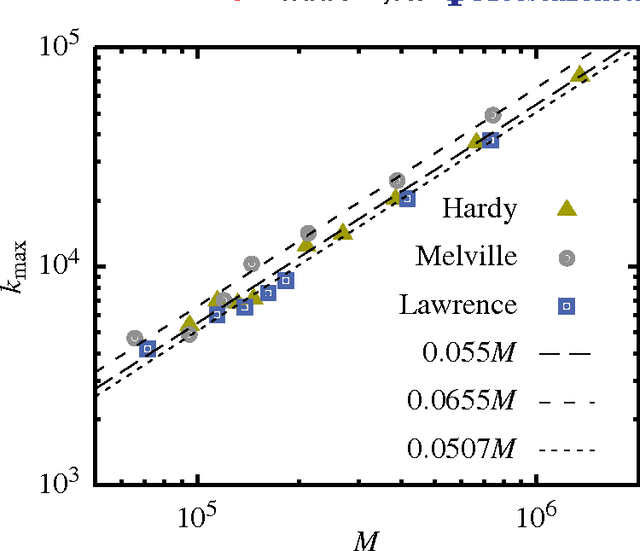
Abstract:Evidence is given for a systematic text-length dependence of the power-law index gamma of a single book. The estimated gamma values are consistent with a monotonic decrease from 2 to 1 with increasing length of a text. A direct connection to an extended Heap's law is explored. The infinite book limit is, as a consequence, proposed to be given by gamma = 1 instead of the value gamma=2 expected if the Zipf's law was ubiquitously applicable. In addition we explore the idea that the systematic text-length dependence can be described by a meta book concept, which is an abstract representation reflecting the word-frequency structure of a text. According to this concept the word-frequency distribution of a text, with a certain length written by a single author, has the same characteristics as a text of the same length pulled out from an imaginary complete infinite corpus written by the same author.
* 7 pages, 6 figures, 1 table
Size dependent word frequencies and translational invariance of books
Jun 03, 2009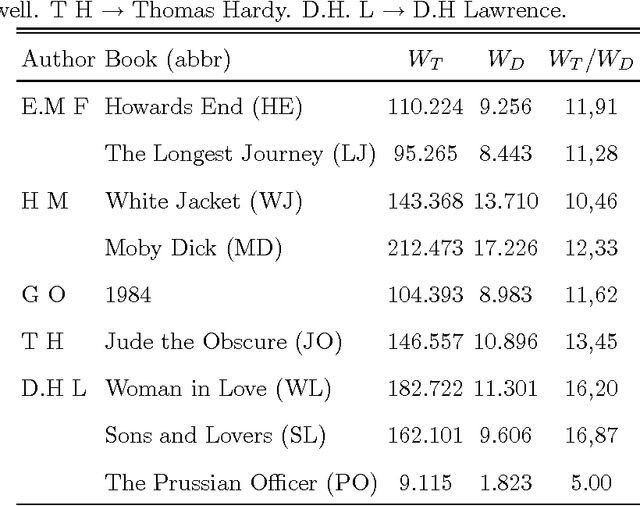

Abstract:It is shown that a real novel shares many characteristic features with a null model in which the words are randomly distributed throughout the text. Such a common feature is a certain translational invariance of the text. Another is that the functional form of the word-frequency distribution of a novel depends on the length of the text in the same way as the null model. This means that an approximate power-law tail ascribed to the data will have an exponent which changes with the size of the text-section which is analyzed. A further consequence is that a novel cannot be described by text-evolution models like the Simon model. The size-transformation of a novel is found to be well described by a specific Random Book Transformation. This size transformation in addition enables a more precise determination of the functional form of the word-frequency distribution. The implications of the results are discussed.
* 10 pages, 2 appendices (6 pages), 5 figures
 Add to Chrome
Add to Chrome Add to Firefox
Add to Firefox Add to Edge
Add to Edge